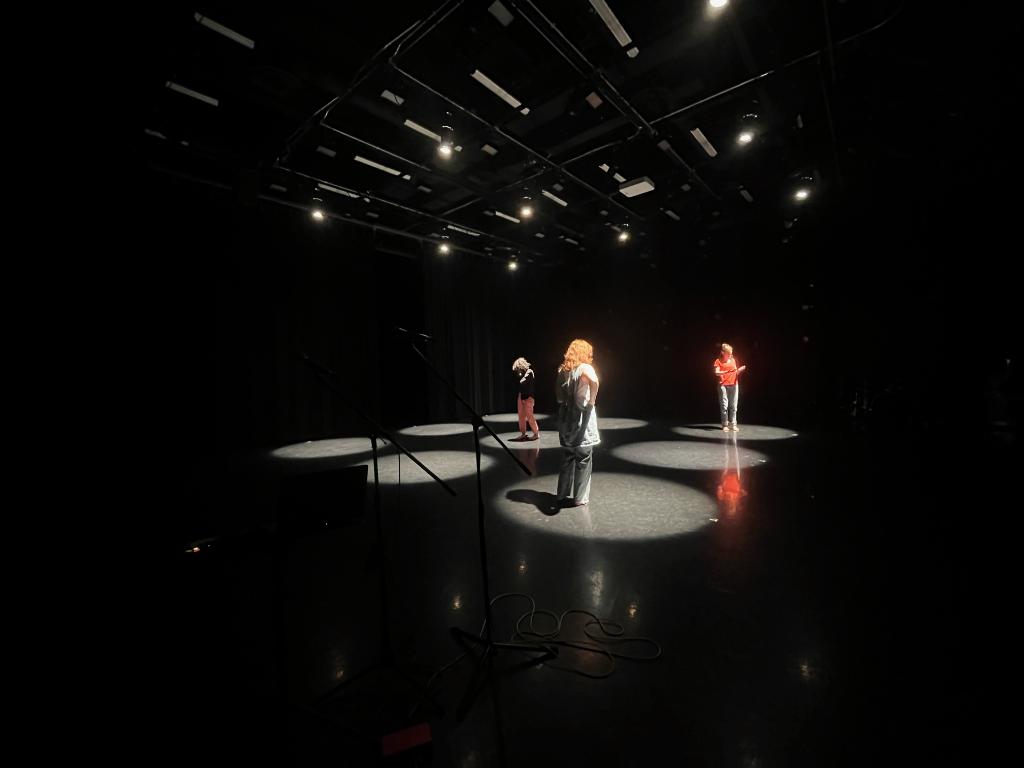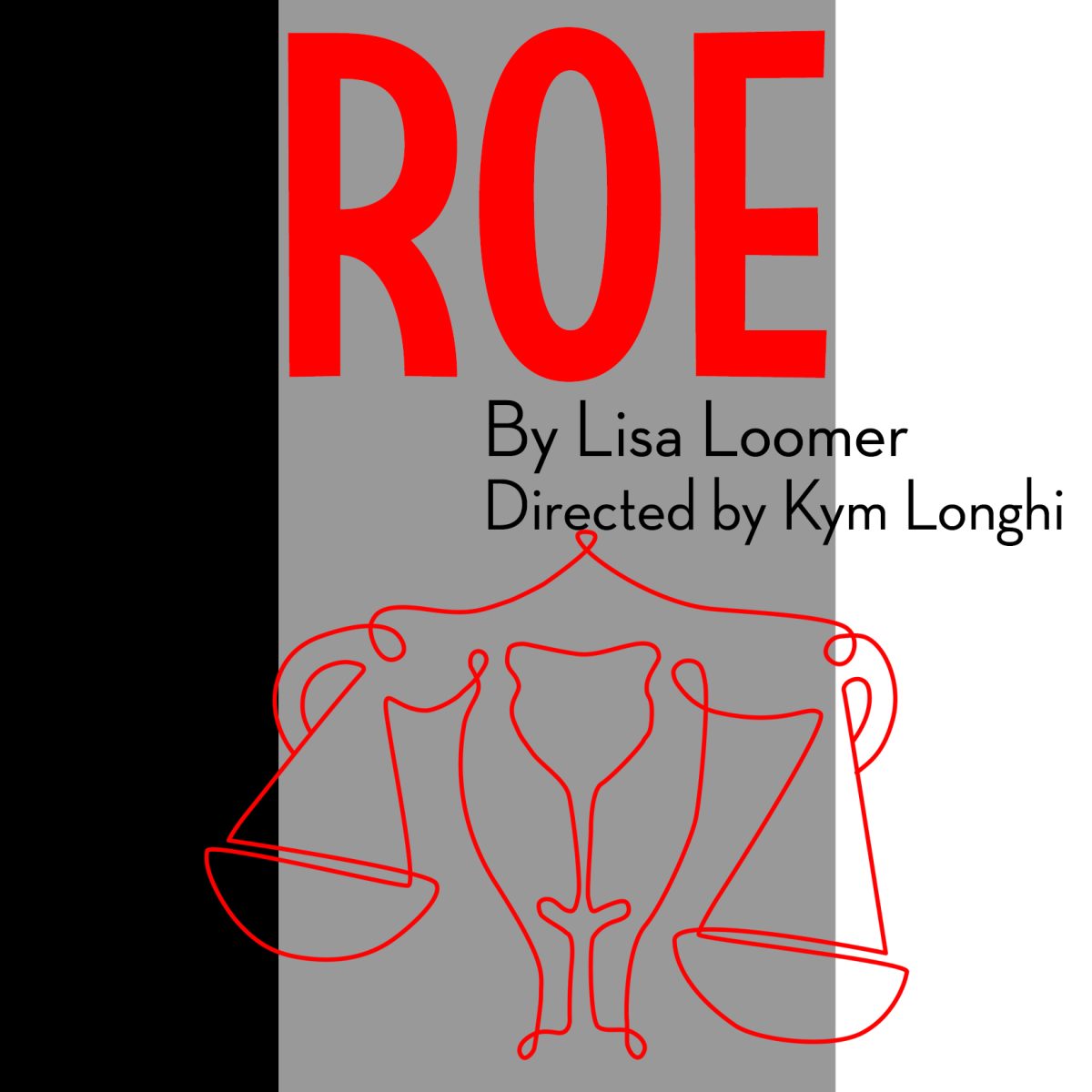Most high school English classes read an abridged version of “Moby Dick” partly because the original’s 600-plus pages aboard a swaying ship leave many readers quite queasy. Even with the shortened version, students still find they learn way more about whale harpooning than they ever cared to. But despite high schoolers’ lack of enthusiasm for Herman Melville’s tale of obsession, the image of Captain Ahab chasing the great white whale will always be implanted in their brains. While the actual story might result in seasickness, what is at the core of Melville’s allegory makes “Moby Dick” a classic.
After making “Citizen Kane,” – which many consider to be one of the greatest films of all time – at the early age of 25, Orson Welles had a taste of true artistic success. But it caused a fear in him of never living up to his potential and never finding that success again.
In 1955 at age 40, Welles took his adaptation of “Moby Dick” to the British theater. An unlikely novel to adopt to the stage considering its location and the fact that one of the main characters is a giant whale, Welles stripped down the story by adding a play-within-a-play which showed the rehearsal process of making the play. It resulted in a play concentrating on the essence of what “Moby Dick” symbolizes and exposed Welles’ own Ahab-like weaknesses. In the end, Welles’ adaptation stunned audiences and critics and has since become a legend in theater.
Kent Stephens’ new play at the Jungle Theatre, “Orson Welles Rehearses Moby Dick,” revisits the inner workings and behind-the-scenes of Welles’ legendary play.
The bond between the actors shows the importance of not only the play but theater in general. Playful spats slinging dry British insults at one another (which are especially hysterical coming from actor Michael Ritchie) turn into vitriolic hatred that nearly sinks the play with the ship. But the collective feeling that theater has something important to say and a way to make people believe, holds the cast together and explains what keeps the actors drawn to the stage.
Gary Geiken captures Orson Welles’ intimidating presence and command over a room. He weaves between cocky humor and a man close to being swallowed by his weakness. Stephens’ play reveals that the true genius of “Moby Dick” came from Welles’ own whale chase and more importantly, reminds everyone of their own “Moby Dick” – their own unobtainable obsessions.
“Orson Welles Rehearses Moby Dick” plays through August 24 at the Jungle Theatre (612) 822-7063.
Keri Carlson welcomes comments at [email protected]
















